Melchior Lengyel
Рождение : 1880-01-12, Balmazújváros, Hungary
Смерть : 1974-10-23
История
From Wikipedia, the free encyclopedia. Lengyel was born Lebovics Menyhért in Balmazújváros, Hungary. He started his career as a journalist. He worked first in Kassa (Košice), then later in Budapest.
His first play, A nagy fejedelem (The Great Prince) was performed by the Thalia Company in 1907. The Hungarian National Theatre performed his next drama A hálás utókor (The Grateful Posterity) in 1908 for which he received the Vojnits Award from the Hungarian Academy of Sciences, given every year for the best play. Taifun (Typhoon), one of his plays, written in 1909, became a worldwide success and is still performed today. It was adapted to the screen in the United States in 1914.
His articles were often published in Nyugat (West), the most important Hungarian literary journal in the first half of the 20th century. During World War I, he was sent to Switzerland by the Hungarian daily newspaper Az Est (The Evening) as a reporter. His pacifist articles and other publications written in 1918 were also published in German and French papers and were collected in a book called Egyszerű gondolatok (Simple Thoughts).
His story "The Miraculous Mandarin" (in Hungarian: A csodálatos mandarin), a “pantomime grotesque” came out in 1916. It is the story which inspired Béla Bartók, the famous Hungarian composer, to create in 1924 the ballet The Miraculous Mandarin.
After World War I, Lengyel went to the United States for a longer stay and published his experiences in 1922 in a book Amerikai napló (American Journal). In the 1920s, he was active in the film industry. For some time, he was story editor at May-Film in Berlin. In 1929/30, he was co-director of a Budapest theatre. In 1931, he was sent by the Hungarian newspaper Pesti Napló (Pest Journal) to London as its reporter. The story of his Utopian novel A boldog város (The Happy City) came out in 1931; it was set in an American city that lay in the depths of a chasm created by the great Californian earthquake.
He moved to Hollywood, California in 1937 and became a screenwriter. Some of his stories became worldwide successes, such as Ninotchka (1939), for which he was nominated for the Academy Award for Best Writing, Original Story, and To Be or Not to Be (1942).
Lengyel returned to Europe in 1960 and settled down in Italy. In 1963, he received the Great Award of Rome for his literary works.
After the Hungarian Revolution of 1956, Lengyel often visited Hungary and wanted to repatriate to his country. However, some weeks after his returning in 1974, he died in Budapest at the age of 94.
The city library of Balmazújváros, his native town, was named after him in 2004. A complete list of Lengyel's works as well as the articles and references about him and his publications were compiled by one of the librarians on this occasion.
Description above from the Wikipedia article Edwin Justus Mayer, licensed under CC-BY-SA,full list of contributors on Wikipedia.

Story
Актеры польского театра помогают своему собрату, летчику польской эскадрильи, сброшенному с парашютом в оккупированную немцами Варшаву, убить предателя. В центре сюжета звезды театра — Фредерик и Анна Бронски, в которую летчик был влюблен еще до войны. Бруксу приходится выдавать себя за убитого, прибегнув к помощи своего сомнительного по фильму таланта, и водить за нос немцев, снятых в карикатурной манере.

Screenplay
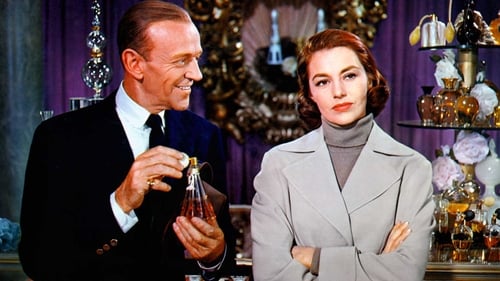
Writer
Эта музыкальная комедия поставлена по бродвейскому мюзиклу, созданному, в свою очередь, по классической комедии "Ниночка" Эрнста Любича, которая была экранизирована ранее, в 1939 году, с участием Греты Гарбо. Стив Кэнфилд (Фред Астер), голливудский кинопродюсер, приезжает в Париж снимать кино и знакомится с советским композитором Петром Ильичем Боровым. Он уговаривает русского остаться во Франции, чтобы написать музыку для его кинофильма. В Москве узнают о композиторе-изменнике Родины. Чекист Василий Маркович посылает трех оперативников вернуть перебежчика, но троица, Бранков (Петер Лорре), Бибинский и Иванов, оказавшись за кордоном, с наслаждение начинает предаваться радостям жизни на Западе.

Theatre Play
Catherine the Great falls in love with an army officer who is plotting against her.
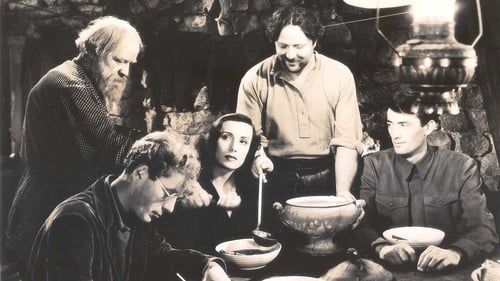
Story
1941 год. Красная Армия, отступая, оставляет в лесах партизанские отряды. К одному из таких отрядов присоединяется красивая балерина Нина. Первоначально неумелая, но ряд горьких уроков постепенно делают из неё опытного бойца."Дни славы" - дебютный фильм для многих актёров, в том числе и для Грегори Пека, который позже стал одной из главных звёзд Голливуда, а также является одним из тех немногих, открыто просоветских фильмов, которые были сделаны в Голливуде во время Второй Мировой, когда Соединенные Штаты и Советский Союз были союзниками в борьбе против нацистской Германии...
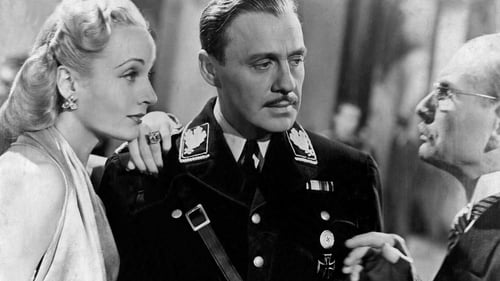
Original Story
Действие происходит в Польше до и во время немецкой оккупации. В одном театре Варшавы работают муж и жена — Йосиф и Мария Тура. Ставят антинацистскую пьесу, но ее запрещают, и приходится играть «Гамлета». Чрезвычайно тщеславный и ранимый Йосиф Тура играет самого принца датского, один из зрителей, молодой и красивый летчик, встает и уходит из зала в самый ответственный для артиста момент, когда произносится знаменитый монолог «Быть или не быть». Откуда знать актеру, что именно эти слова были для офицера паролем, указывающим, что можно идти в гримерную красавицы Марии Тура…
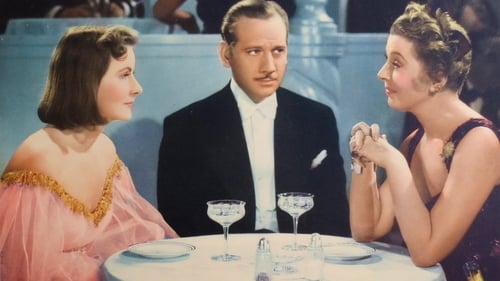
Story
В Париж прибывают посланцы Страны Советов, чтобы выгодно продать национализированные драгоценности, и на вырученные деньги купить оружие и продукты. Неожиданно выясняется, что часть бриллиантов принадлежала до революции великой княгине Сване, которая посылает своего юриста и любовника Леона уладить дела с "красными". Вкусившие сладкую парижскую жизнь, они заранее готовы на все, лишь бы подольше пробыть здесь. Но поскольку от посланцев ни слуху, ни духу, в Париж с чрезвычайной миссией выезжает несгибаемая революционерка Ниночка… Узнав об этом, Леон решает соблазнить "комиссаршу"…

Author
Мария Бэйкер приезжает из Лондона втайне от своего супруга в Париж для встречи со своей давней приятельницей — русской эмигранткой Великой Княгиней Анной Дмитриевной. В доме княгини она случайно знакомится с напористым англичанином Энтони Хэлтон, который с первого взгляда влюбляется в очаровательную незнакомку и назначает ей свидание. Искра любви пробегает между молодыми людьми. Их отношения становятся все серьёзней, но, тем не менее, Мария спешит к мужу в Лондон. Проходит несколько недель. Старый друг навещает супруга Марии, и кто Вы думаете, им оказался?…

Theatre Play
The famous singer Antonia left the stage to marry a country gentleman. She goes alone one day to Budapest to see again the operetta which revealed her and outlines a flirtation with an aviator engaged to her niece. The presence of mind of the latter pleasantly closes the adventure.
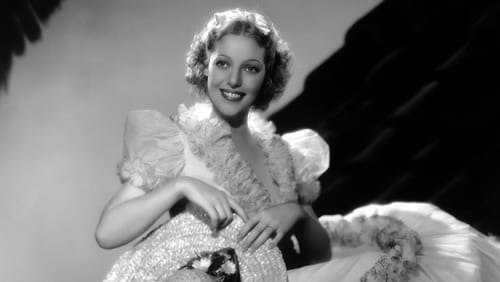
Writer
A countess marries a Gypsy fiddler instead of a baron's son at harvest time in Tokay wine country, Hungary.

Story
Princess Wilma is forced to wed by midnight or lose her inheritance. She impulsively chooses gypsy vagabond Latzi, offering him a huge sum of money if he'll consent. Swallowing his pride, Latzi agrees to the marriage, but soon the coy Countess falls in love with young Lieutenant de Tokay, who is himself in love with Latzi's gypsy sweetheart Tinka.
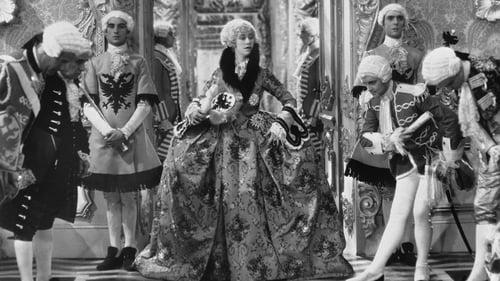
Continuity
The woman who will become Catherine the Great marries into the Russian royal family when she weds Grand Duke Peter, the nephew of Empress Elizabeth. Although the couple has moments of contentment, Peter's cruel and erratic behavior causes a rift between him and Catherine. Mere months after Peter succeeds his aunt as the ruler of Russia, a revolt is brewing, and Catherine is poised to ascend to the throne as the country's new empress.

Theatre Play
The woman who will become Catherine the Great marries into the Russian royal family when she weds Grand Duke Peter, the nephew of Empress Elizabeth. Although the couple has moments of contentment, Peter's cruel and erratic behavior causes a rift between him and Catherine. Mere months after Peter succeeds his aunt as the ruler of Russia, a revolt is brewing, and Catherine is poised to ascend to the throne as the country's new empress.

Story
The woman who will become Catherine the Great marries into the Russian royal family when she weds Grand Duke Peter, the nephew of Empress Elizabeth. Although the couple has moments of contentment, Peter's cruel and erratic behavior causes a rift between him and Catherine. Mere months after Peter succeeds his aunt as the ruler of Russia, a revolt is brewing, and Catherine is poised to ascend to the throne as the country's new empress.

Writer
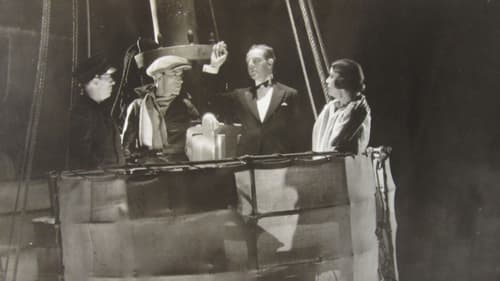
Story
On board a yacht sailing from India to Britain, the owner of the vessel is murdered by one of the passengers. (This film was produced both in full sound and silent versions, the latter for theaters that had not yet been wired for sound.)

Writer

Writer
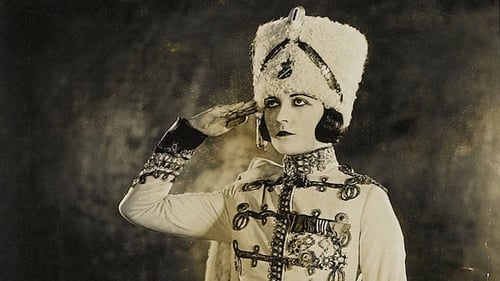
Theatre Play
Film based on the Lajos Biró play, directed by Ernst Lubitsch.

Writer
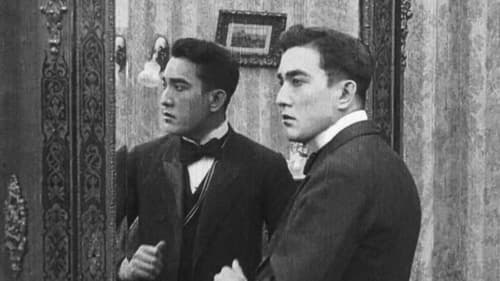
Story
Tokoramo, a Japanese diplomat on a mission to Paris, begins a love affair with Helene, a chorus girl, who subsequently rejects her American fiancé, Richard Bernisky. When the Japanese discover the affair, they try to force Tokoramo to end it, but Helene refuses to stop visiting him. One night, during one of her visits, Bernisky comes to Tokoramo's apartment and, while Helene hides, rebukes her to her lover. After Bernisky leaves, Tokoramo orders Helene out, but when he realizes his love for her, he calls her back. Suddenly, she rejects and insults him to the point that he strangles her. Tokoramo wants to confess his crime, but he must complete his work, and so his countrymen sacrifice a boy, Hironari, who pleads guilty to the murder and eventually is guillotined. In the end, Tokoramo also dies and his colleagues burn his valuable papers in order to protect Japan. -From the TCM.com Database, powered by the AFI.

Theatre Play
Tokoramo, a Japanese diplomat on a mission to Paris, begins a love affair with Helene, a chorus girl, who subsequently rejects her American fiancé, Richard Bernisky. When the Japanese discover the affair, they try to force Tokoramo to end it, but Helene refuses to stop visiting him. One night, during one of her visits, Bernisky comes to Tokoramo's apartment and, while Helene hides, rebukes her to her lover. After Bernisky leaves, Tokoramo orders Helene out, but when he realizes his love for her, he calls her back. Suddenly, she rejects and insults him to the point that he strangles her. Tokoramo wants to confess his crime, but he must complete his work, and so his countrymen sacrifice a boy, Hironari, who pleads guilty to the murder and eventually is guillotined. In the end, Tokoramo also dies and his colleagues burn his valuable papers in order to protect Japan. -From the TCM.com Database, powered by the AFI.












